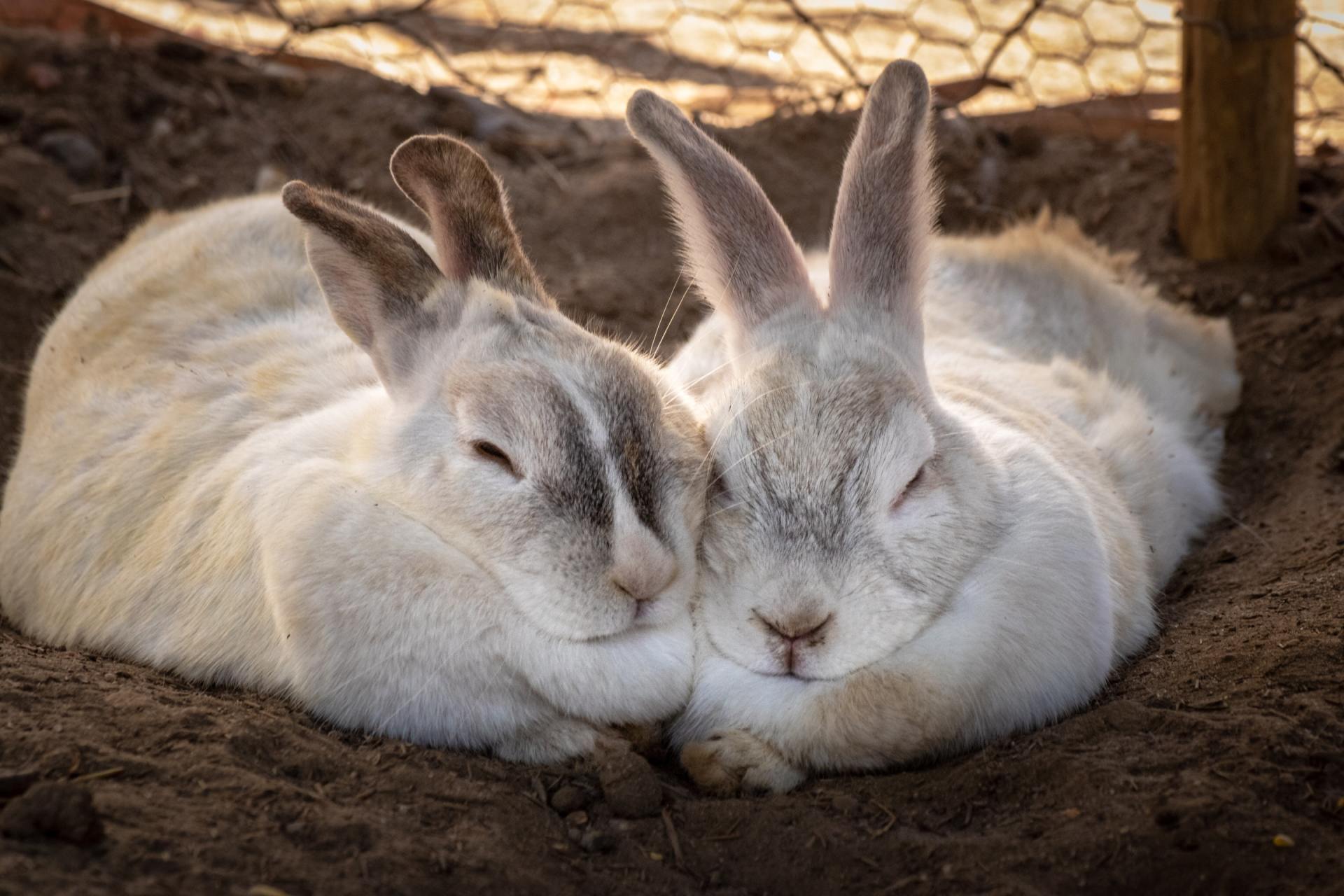Walking a Pet Reptile
Do you have a reptile? Have you ever wondered about taking your pet for a walk? This actually isn’t as unusual as it may seem. Some lizards really enjoy going for strolls! However, there are some things to consider before taking your pet out for a jaunt. A Galena, MD vet lists some key ones below.
Familiarization
Don’t try to take your pet for a walk the first day you get the little guy. Give him time to get used to you and learn to trust you.
Gear
There are a few things to keep in mind when choosing lizard harnesses. With some lizards, such as bearded dragons, you can find things made just for them. Others can be a bit tricker. Be careful with pets that have spinal ridges: you don’t want to cause injuries! Ferret harnesses may work.
Training
Start by letting your little buddy wear his harness indoors, under supervision. If your pet likes to hang out on you while you watch TV, this is a good time to let them get used to it. If your tiny dragon seems scared, remove the harness and try again later.
Location
Once your lizard is ready for a walk, you can venture outside. Picking the right spot is very important. Stay away from places with potential hazards, such as scorching-hot sidewalks, broken glass, and chemicals, such as fertilizers. Needless to say, a dog park isn’t a good option, either. Keep in mind that some lizards are very fast, while others are great at climbing trees. You’ll need to be very careful to make sure that your reptilian pal doesn’t get away!
Temperature
As you probably know, reptiles are cold-blooded, and regulate their temperature by moving from warmer to cooler areas. Don’t take your pet outdoors when it’s hotter or cooler than their ideal temperature range.
Food
Many reptiles eat bugs and insects. While you may not be able to keep your iguana from snapping at a fly, try not to let him eat wild bugs. They could be carrying diseases or parasites!
Personality
Not all reptiles enjoy being walked. Watch for signs that your pet is scared, such as agitation, trembling, or color changes. If your little pal seems uneasy, just let him stay in.
Our Advice on Walking a Pet Reptile in 2025
How can you familiarize yourself with your reptile by going for a walk?
Familiarizing your reptile with going for a walk is essential to build trust and ensure their comfort. Start by spending quality time with your pet, allowing them to get used to your presence and handling. Gradually introduce a harness or leash indoors, letting your reptile wear it for short periods while supervised. Reward them with treats and positive reinforcement. Once they seem comfortable, you can venture outdoors to safe and controlled areas. Patience and gentle introduction are vital to ensuring that your reptile feels secure and gradually accepts the idea of going for a walk.
What is the recommended approach for training a lizard to wear a harness?
Training a lizard to wear a harness requires patience and a gradual approach. Start by introducing the harness indoors in a calm environment. Let your lizard wear it for short periods while supervised. Reward them with treats and positive reinforcement to create a positive association. Allow your pet to move around with the harness so they get used to the sensation. Over time, extend the duration of wear and monitor their comfort. Always prioritize your lizard’s well-being and never force the harness on them. With patience and gentle training, many lizards can become comfortable wearing a harness, enabling safe and enjoyable outdoor experiences.
What factors should you consider when choosing a location for walking your lizard?
Selecting the right location for walking your lizard is crucial for their safety and enjoyment. Avoid areas with hazards like scorching-hot sidewalks, broken glass, or chemical exposure. Opt for quiet, secure places away from dogs or other animals that might cause stress. Consider your lizard’s habits – some are fast runners, while others may climb trees, so adapt the location accordingly. Ensure the temperature matches their ideal range, as reptiles are cold-blooded. Lastly, choose a spot with minimal disturbances to prevent your lizard from getting stressed or escaping. Prioritize your pet’s well-being and comfort during outdoor adventures.
How does temperature affect the ability to take your reptile outdoors?
Temperature plays a crucial role in taking your reptile outdoors. Reptiles are cold-blooded, relying on their environment to regulate body temperature. Before venturing out, ensure the temperature aligns with your pet’s ideal range. Avoid extremes – too hot can cause overheating, while too cold can lead to lethargy. Stick to the Goldilocks zone, matching the temperature to your reptile’s natural habitat. It’s essential to prioritize your pet’s well-being, so always check the weather and choose the right time for outdoor adventures to ensure your reptile stays comfortable and healthy during their outing.
Why is it important to avoid allowing your reptile to eat wild bugs while walking?
Allowing your reptile to eat wild bugs while walking can pose several risks. Wild insects may carry diseases or parasites that could harm your pet. Additionally, some insects may have come into contact with pesticides or other toxic substances that can be harmful if ingested. Maintaining control over your reptile’s diet is essential to ensure they receive a nutritionally balanced and safe meal. Instead of relying on wild insects, offer your pet appropriately sourced insects or feed them a diet recommended by a veterinarian to safeguard their health and well-being during outdoor excursions.
Please contact us if ever we can be of assistance. As your Galena, MD animal clinic, we’re here for you!


